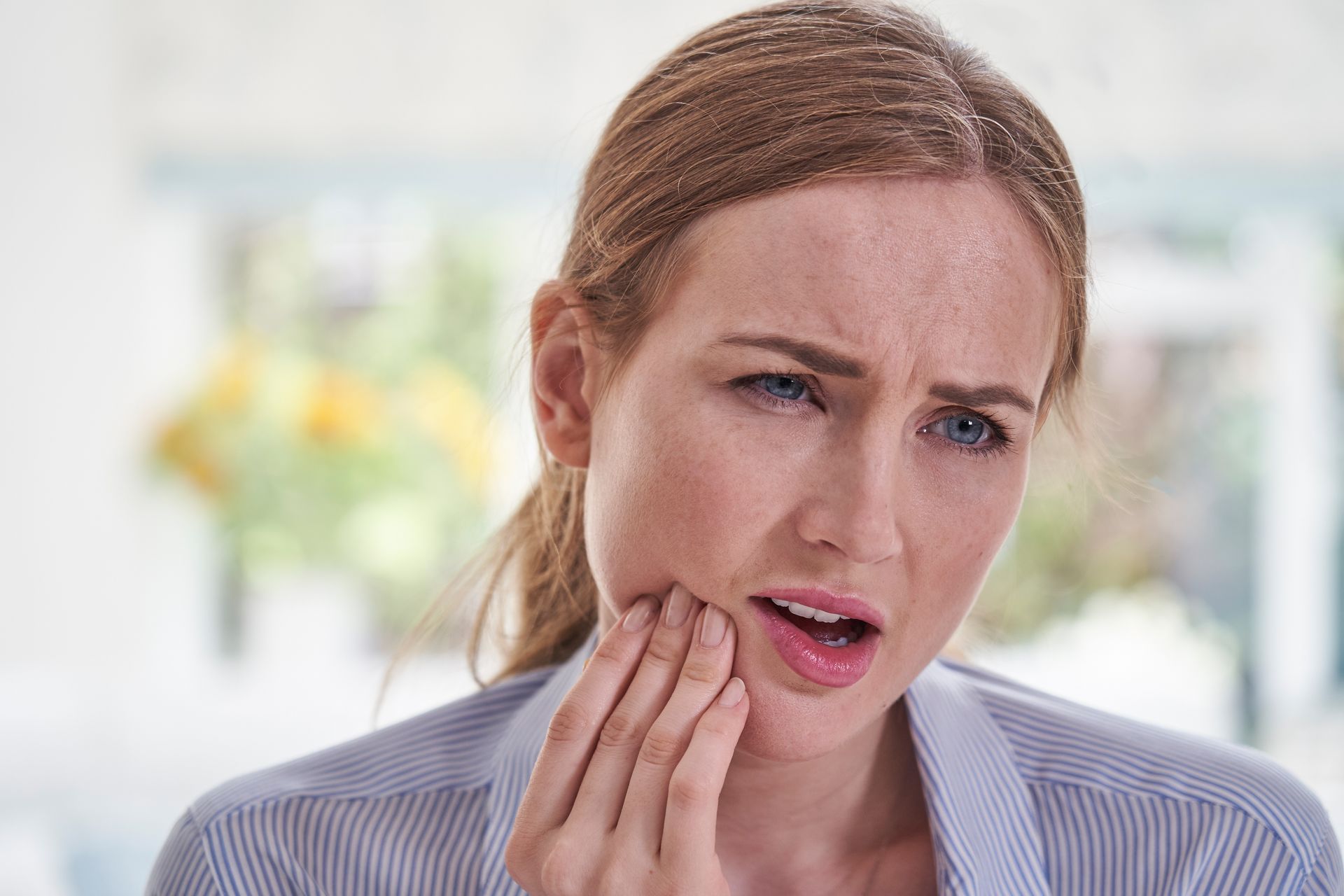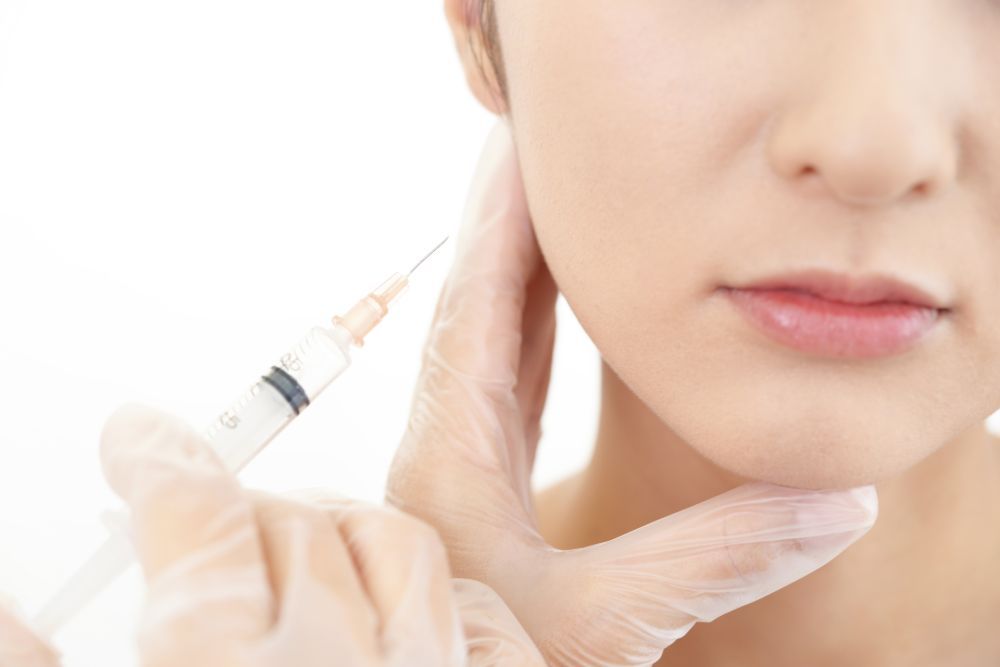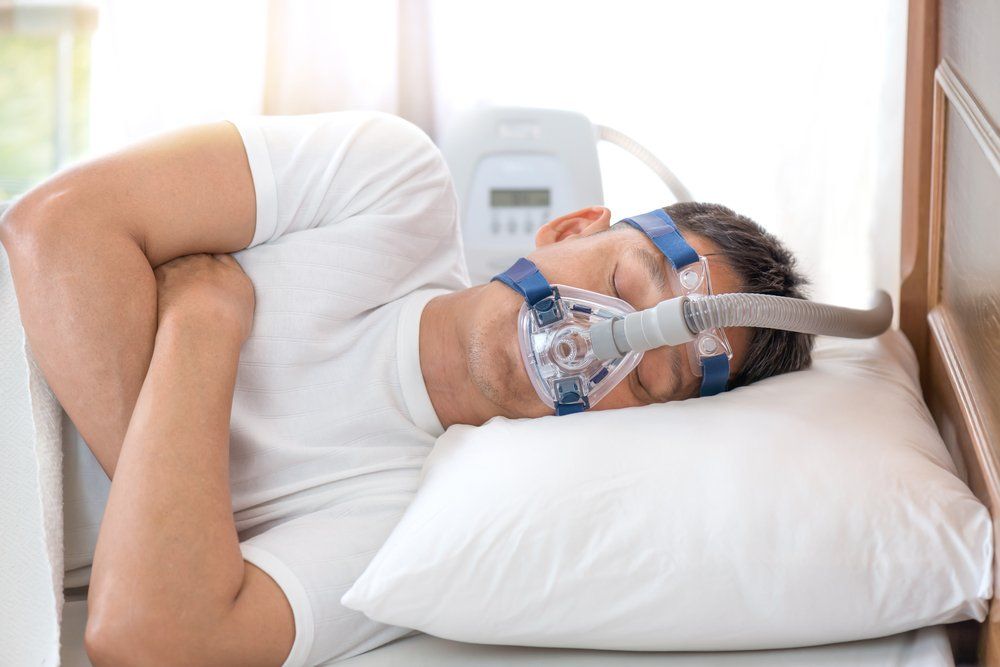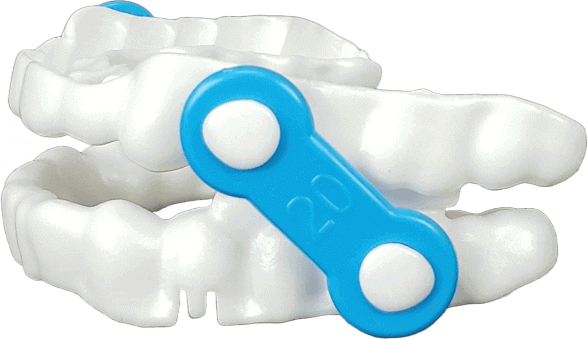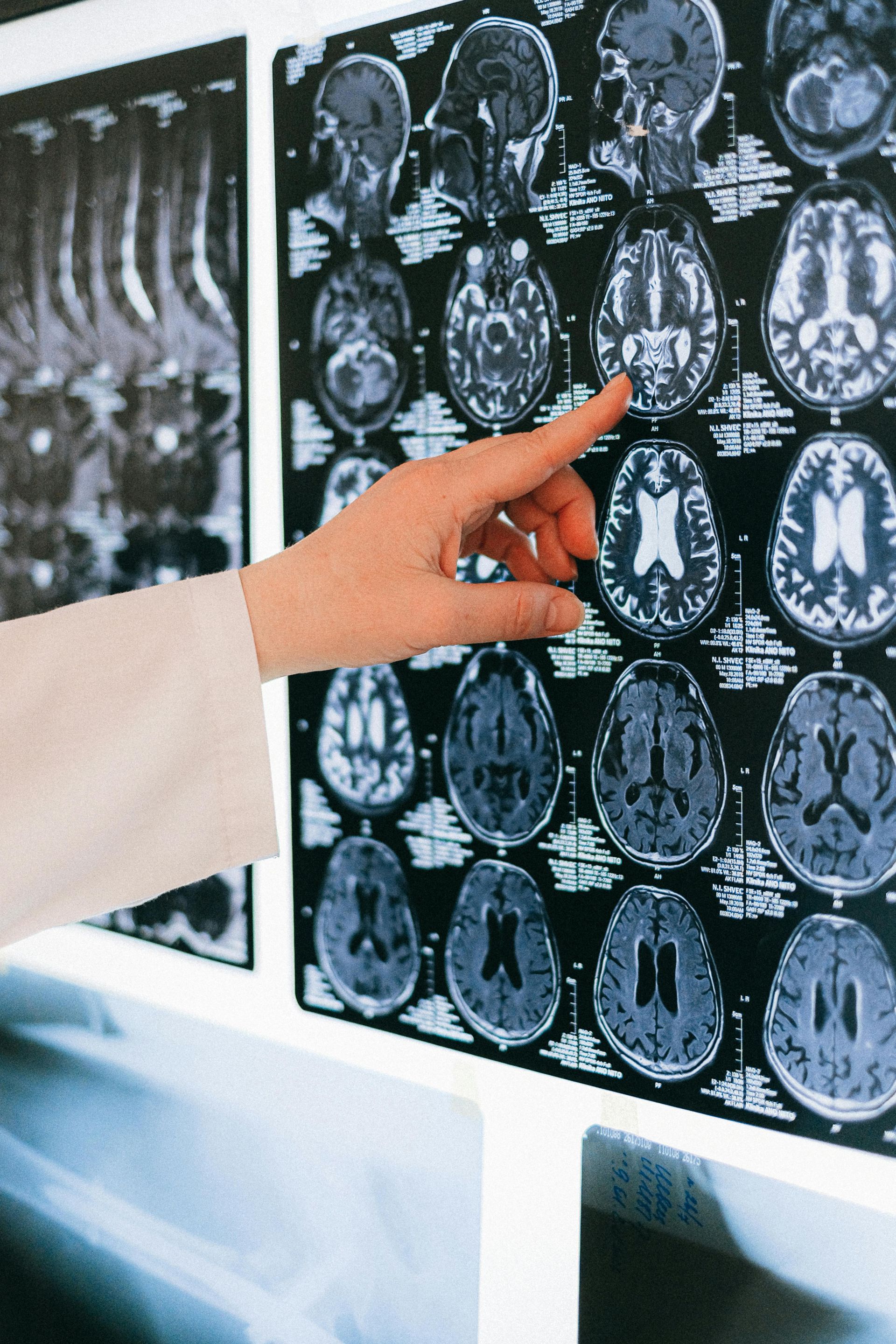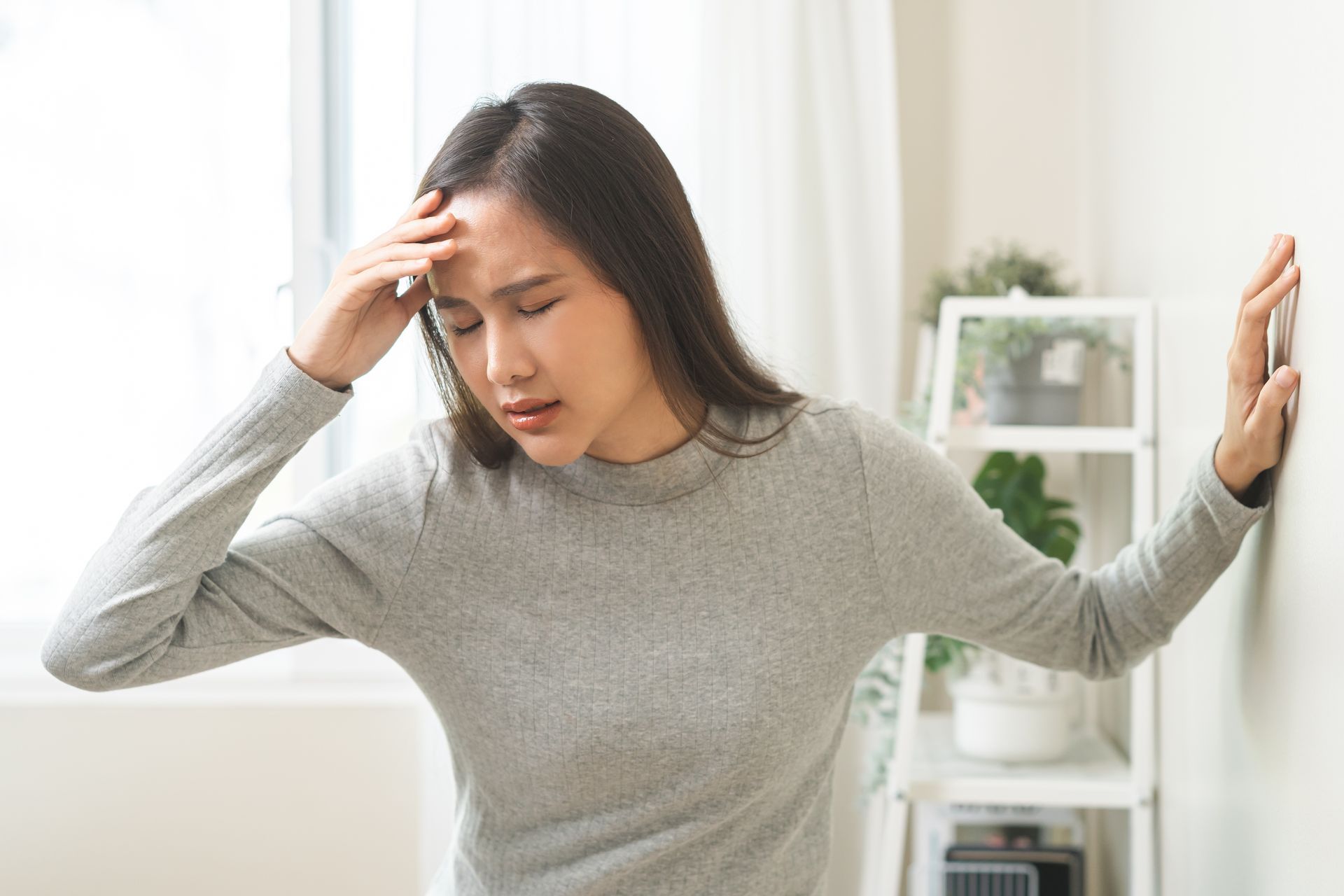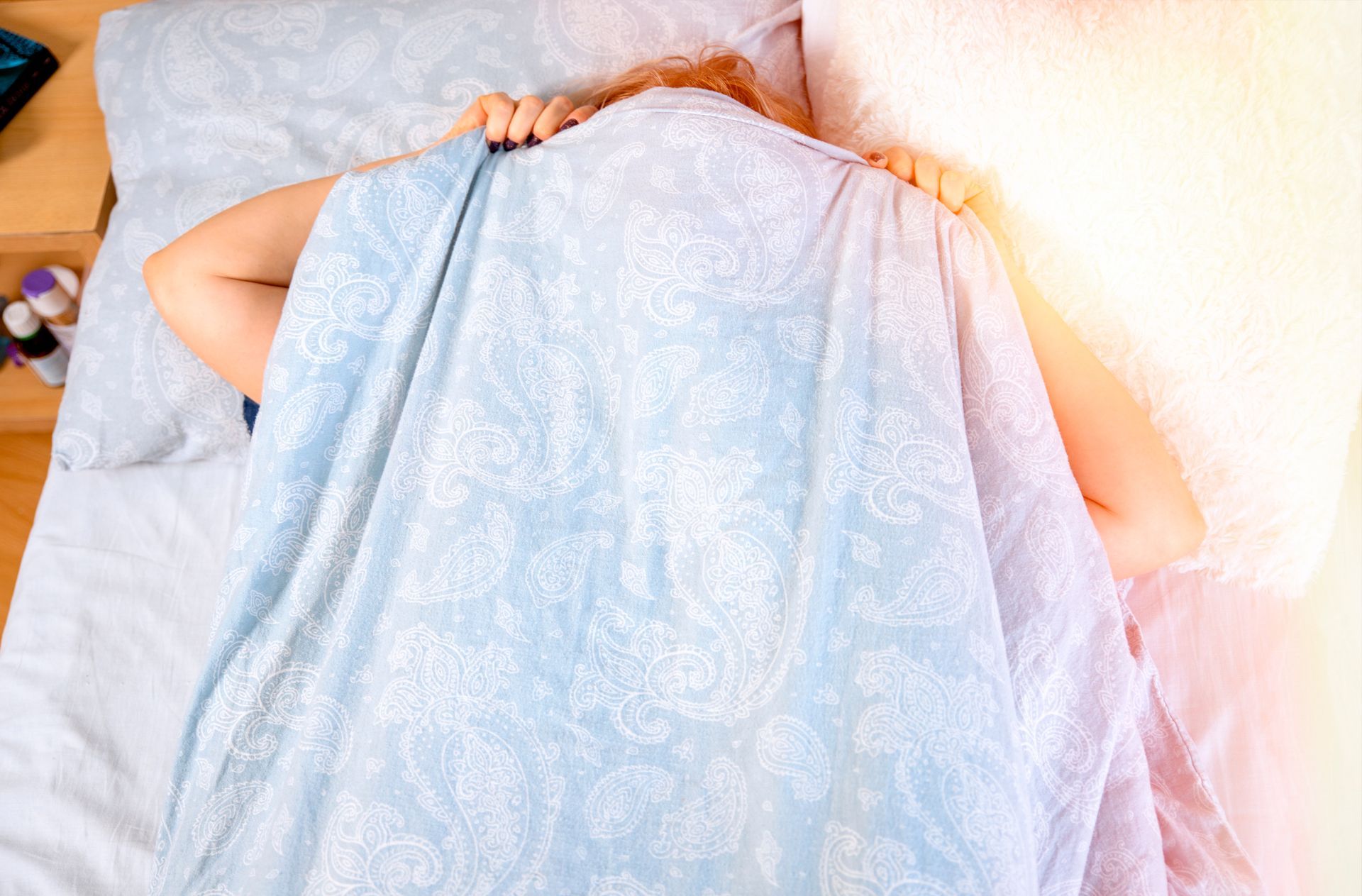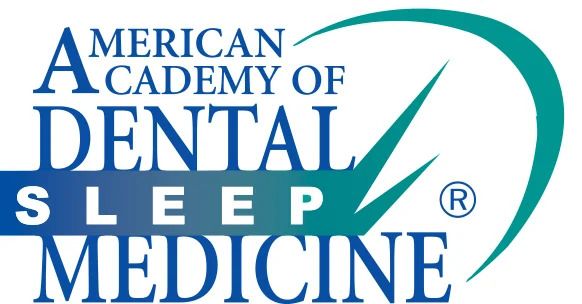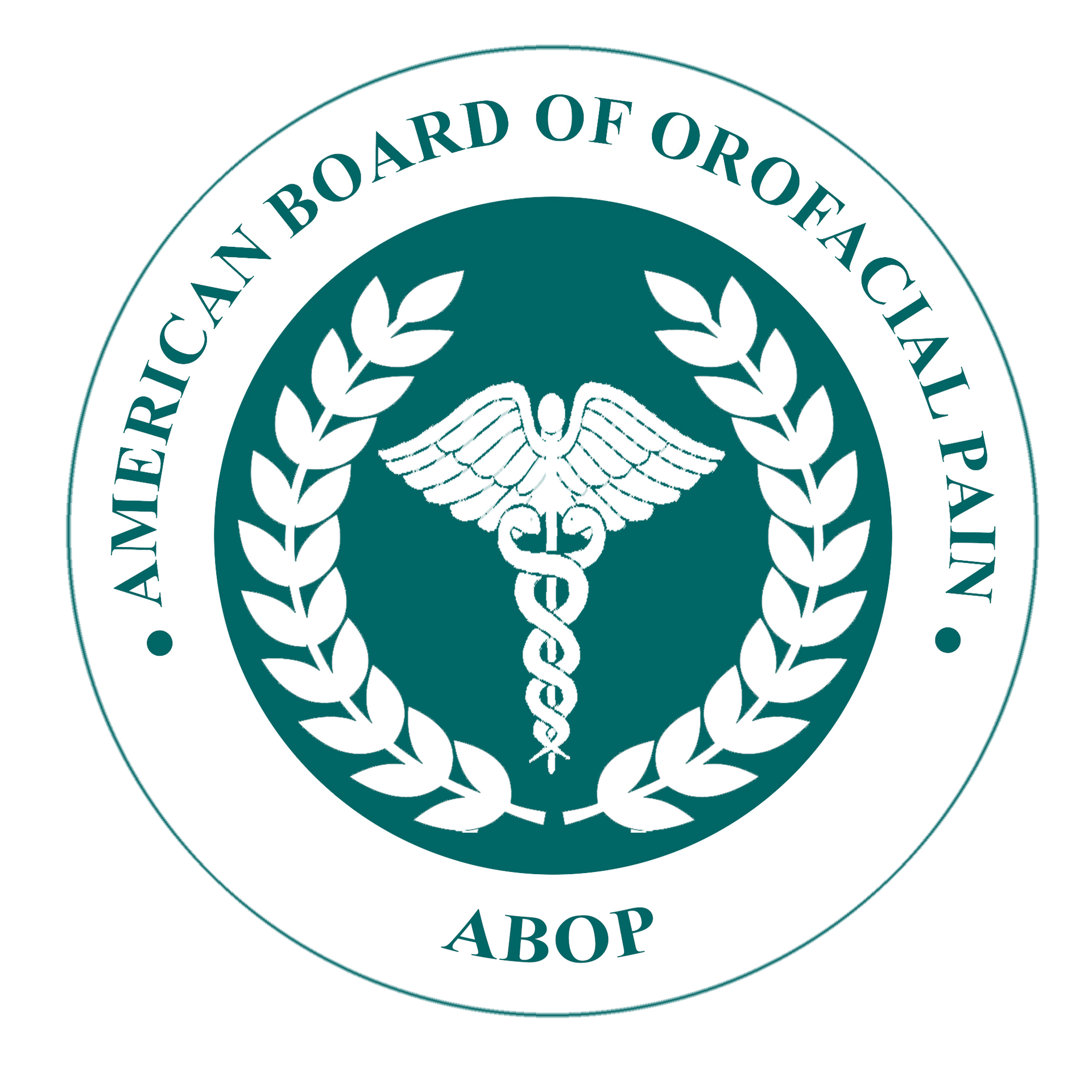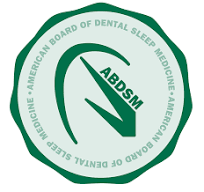Sleep Study Tests: What They Are & What To Know Before You Go
A sound night’s sleep is vital for your health. Unfortunately, many people struggle with a variety of sleep-related disorders. If you or your partner are having trouble falling or staying asleep, or are struggling with snoring and breathing issues, you should undergo a sleep study.
With the results of a sleep study in hand, experts like Dr. Phillips will be able to treat issues, such as sleep apnea, that may be making it more difficult for you to sleep. Diagnosis is a crucial step before correct treatment.What is a Sleep Study?
If you undergo a sleep study, you will be observed and monitored as you sleep. Healthcare professionals will observe you as you fall asleep, and will also monitor you throughout the night. This will help them uncover issues that are interfering with your sleep.
Usually, a sleep study is conducted in a lab overnight. However, some people choose to undergo home sleep tests. Some sleep studies are also performed during the day. Let’s look at the different types of sleep studies more closely.
Types of sleep studies
Polysomnogram (PSG)
These sleep studies are considered the “go to” studies for examining a wide range of disorders. You will be hooked up to an assortment of equipment that will record a variety of data, including heart rate, eye movements, and brain activity. PSG’s can be used to detect sleep apnea, circadian rhythm disorders, and many other sleep related disorders.
Split Night Sleep Study
A split night sleep study is similar to a PSG. First, a polysomnography study is performed, usually for about two hours. Next, a CPAP titration is used to determine whether you are suffering from sleep apnea. Essentially, a split night sleep study combines two tests in one, which can increase cost effectiveness.
Maintenance of Wakefulness Test (MWT)
The MWT is a day time test that measures how alert you are throughout the day. These tests also measure whether or not you can stay awake. During the test, you will be provided with opportunities to nap. Often, a MWT is performed after a PSG.
Multiple Sleep Latency Test (MSLT)
MSLTs are also performed during the day. They likewise seek to measure how tired you are throughout the day. They can be used to see if your breathing related treatments are working and can also test for narcolepsy. Employers will sometimes require an MSLT if you exhibit daytime tiredness and operate machinery.
Home Sleep Test
If you and your doctor are confident that your sleep disorder is a breathing related condition, such as sleep apnea, you may be able to conduct a test at home. You will be provided with a small device that will measure airflow, blood oxygen saturation, and breathing patterns while you sleep.
What to expect during the study
Most sleep studies are conducted at a dedicated facility. The facility will contain a number of rooms that will offer hotel-like comfort. Of course, these rooms will also contain a variety of medical equipment that will be used to measure and monitor you while you sleep.
When needed, sleep technicians will wake you. If you sleep through to the morning, most facilities will provide you with a full bathroom so that you can shower, and if necessary, get ready for work. Once the sleep study has been conducted, you’re free to leave.
As for at-home sleep studies, your doctor or other medical professional will teach you how to use the equipment. You simply have to pick it up and put it to use.
What About After?
Once the sleep study has been conducted, medical professionals will examine the results. Usually, it will take between 1 to 2 weeks for the sleep study to be concluded. The study can usually be completed more quickly if there is an emergency.
In some cases, you may need to undergo further studies. If a PSG uncovers evidence that you are suffering from sleep apnea, you might then have to undergo CPAP titration, for example.
Once the studies are concluded, a medical professional will work with you to create a treatment plan that addresses your sleep apnea or other condition. This could include the application of an oral appliance , the use of a CPAP machine, and other prescribed solutions.How To Prepare For Your Sleep Study
If you are considering a sleep study, you should consult with a sleep Physician. If you require treatment, Dr. Phillips has treated thousands of patients and delivered over 5000 oral appliances. Dr. Phillips can also help you prepare for what to expect during your sleep study and can also help you understand the results once it’s completed.
Sleep conditions are complex and can be caused and impacted by a wide variety of conditions. A sleep disorder specialist will have both the passion and knowledge necessary to help you discover the root causes of your condition. Sleep experts can also prescribe effective, custom treatment plans. Get in touch with Dr. Phillips and get your sleeping back on track.-2700x842-1920w.png)






